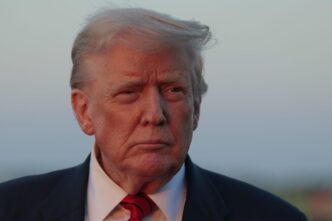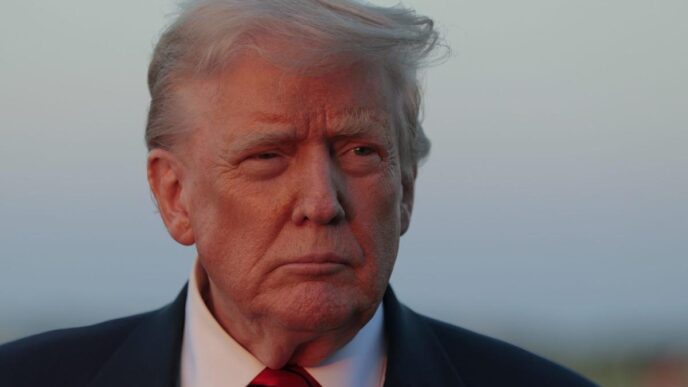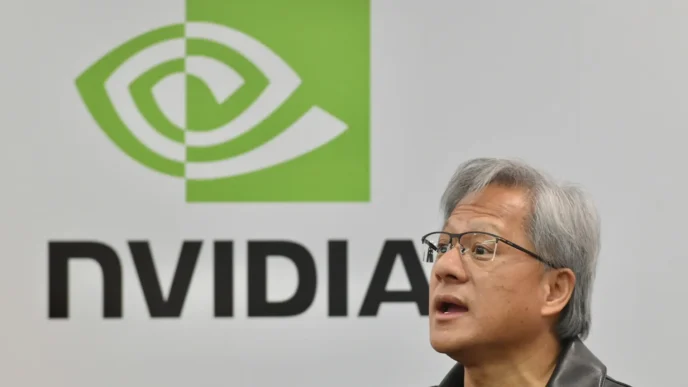Tesla CEO Elon Musk is fighting back against a high-profile lawsuit filed over his recent $7.5 billion sale of Tesla shares, seeking to have the case dismissed in court. The legal challenge centers on allegations that Musk’s stock sale was improperly timed or inadequately disclosed, raising concerns about potential harm to investors. However, Musk and his legal team strongly deny any wrongdoing, arguing that the sale fully complied with all regulatory requirements and securities laws.
Background: The Controversial Stock Sale
In late 2021 and early 2022, Elon Musk sold a substantial portion of his Tesla holdings, generating approximately $7.5 billion in proceeds. The stock sale came amid Musk’s ongoing efforts to raise liquidity as he pursued the acquisition of Twitter, a deal that commanded significant media attention and market scrutiny.
Musk’s decision to liquidate shares raised eyebrows among investors and market watchers, especially given Tesla’s volatile stock price and Musk’s influential role as the company’s visionary leader. Some shareholders alleged that Musk’s sale created market uncertainty and that he failed to provide timely and transparent disclosures regarding his intentions.
The Lawsuit and Allegations
The lawsuit, filed by a group of Tesla shareholders, accuses Musk of manipulating the market and breaching fiduciary duties to shareholders by selling shares without proper disclosure or notification. Plaintiffs contend that Musk’s stock sale caused Tesla’s share price to fluctuate unpredictably, resulting in financial losses for ordinary investors.
Additionally, the suit questions whether Musk’s sales were part of a coordinated plan tied to his Twitter acquisition and whether his public statements about Tesla’s prospects were inconsistent with his private actions.
Musk’s Defense: Compliance and Good Faith
In response, Musk’s legal team has filed a motion to dismiss the lawsuit, asserting that the allegations are unfounded and lack legal merit. The defense argues that Musk adhered to all disclosure obligations as mandated by the U.S. Securities and Exchange Commission (SEC) and that his sales were executed through pre-arranged trading plans compliant with Rule 10b5-1, designed to prevent insider trading.
The legal team further stresses that Musk’s stock sales were conducted in good faith and that the lawsuit is an attempt to mischaracterize routine financial transactions as improper conduct. They emphasize that shareholders were informed in accordance with regulatory timelines, and no market manipulation occurred.
Broader Implications for Corporate Governance
The case highlights ongoing tensions between high-profile executives’ personal financial maneuvers and investor expectations for transparency and market fairness. As CEOs increasingly hold substantial equity stakes, their stock trades can significantly impact share prices and investor confidence.
Legal experts note that while pre-arranged trading plans provide executives with a shield against insider trading accusations, lawsuits challenging such sales remain a risk, particularly when executives’ public statements and private actions appear misaligned.
Market and Investor Reaction
Tesla’s stock price has experienced periods of volatility following Musk’s sale announcements, though analysts caution that multiple factors influence market movements. The lawsuit adds another layer of uncertainty, with investors watching closely for the court’s ruling on dismissal.
What’s Next?
The court will review Musk’s motion and decide whether to dismiss the case or allow it to proceed to discovery and potentially trial. A dismissal would be a significant win for Musk, reinforcing the legitimacy of his stock sale practices. Conversely, if the case moves forward, it could lead to prolonged legal battles and increased scrutiny of executive stock transactions.
Conclusion
Elon Musk’s attempt to dismiss the lawsuit over his $7.5 billion Tesla stock sale underscores the complexities of corporate governance in today’s tech-driven markets. As regulatory frameworks and shareholder activism evolve, high-profile executives like Musk face heightened scrutiny over their financial decisions. The outcome of this case will likely influence how executive stock sales are viewed and regulated in the future, setting precedents for transparency and investor protection in the age of billionaire CEOs.
















